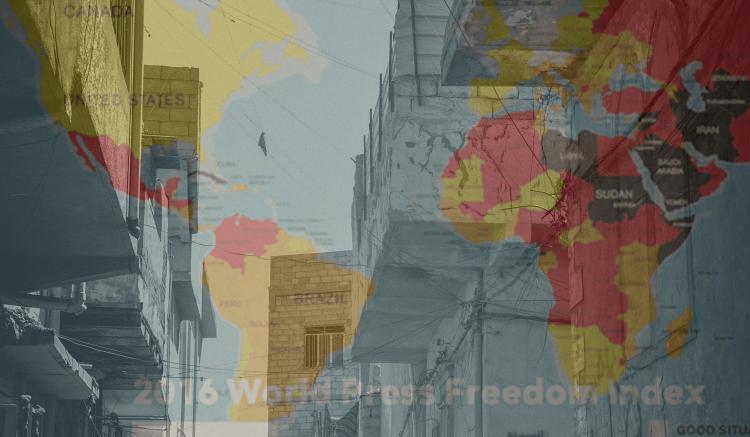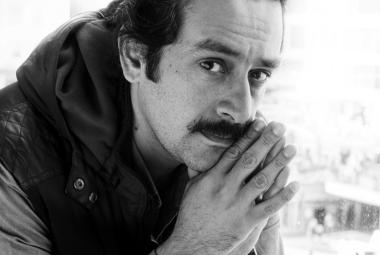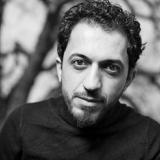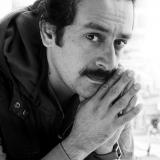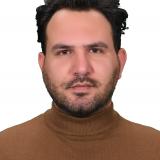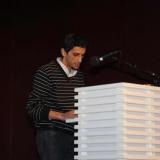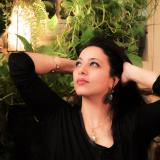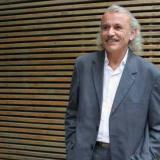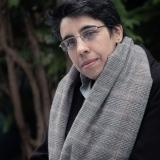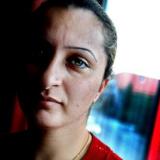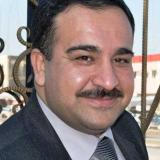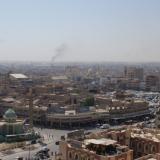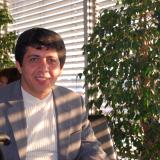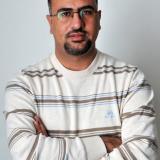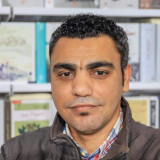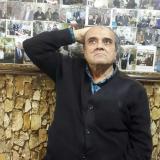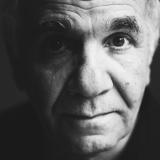“Never Enough Freedom” On World Press Freedom Day
Each year on 3 May, large parts of the free world celebrates the UN World Press Freedom Day to raise awareness of the importance of freedom of the press and remind governments of their duty to respect and uphold the right to freedom of expression enshrined under Article 19 of the 1948 Universal Declaration of human rights.
This year, 2016, does not only mark the 25th anniversary of the adoption of the Windhoek Declaration of press freedom principles. Both Sweden and Finland can celebrate 250 years of freedom of information.
On this occasion, ICORN’s Programme Director Elisabeth Dyvik is present in Helsinki at the World Press Freedom Day Forum, where General Director of the Swedish Arts Council, Staffan Forssell, yesterday talked about the importance of cities of refuge for writers and artists at risk in his speech Offering Shelter To Artists At Risk. Jude Dibia, author and writer-in-residence in Malmö city of refuge, continued on the topic of improving artistic freedom in a following debate.

The conditions of freedom of the press
RSF publishes annually a status report on the conditions of freedom of the press in the world. This year, the index clearly reflects an intensity of attacks on journalists’ freedom and independence. “Most of the movement in the World Press Freedom Index unveiled today by Reporters Without Borders is indicative of a climate of fear and tension combined with increasing control over newsrooms by governments and private-sector interests.”
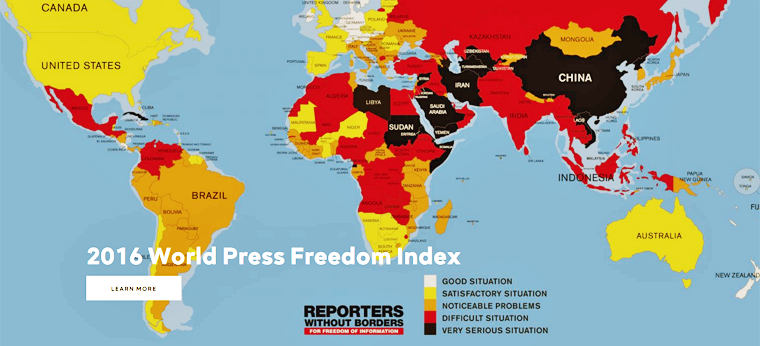
Never Enough Freedom
Marking the 250th anniversary of the world’s first freedom of information law, covering both modern-day Sweden and Finland, Stockholm’s Statsteatern has organised an exhibition called the power of the word. Ashraf Atraqchi is an Iraqi journalist and artist, who had to flee his home country after harassment and threats. He is now current ICORN writer-in-residence in Stockholm. In his text for the exhibition, Never Enough Freedom, he speaks about the dangers facing writer and artists in large parts of the world and warns against using democracies’ perceived freedoms as a sleeping pillow.
Ashraf Atrachi: Never Enough Freedom
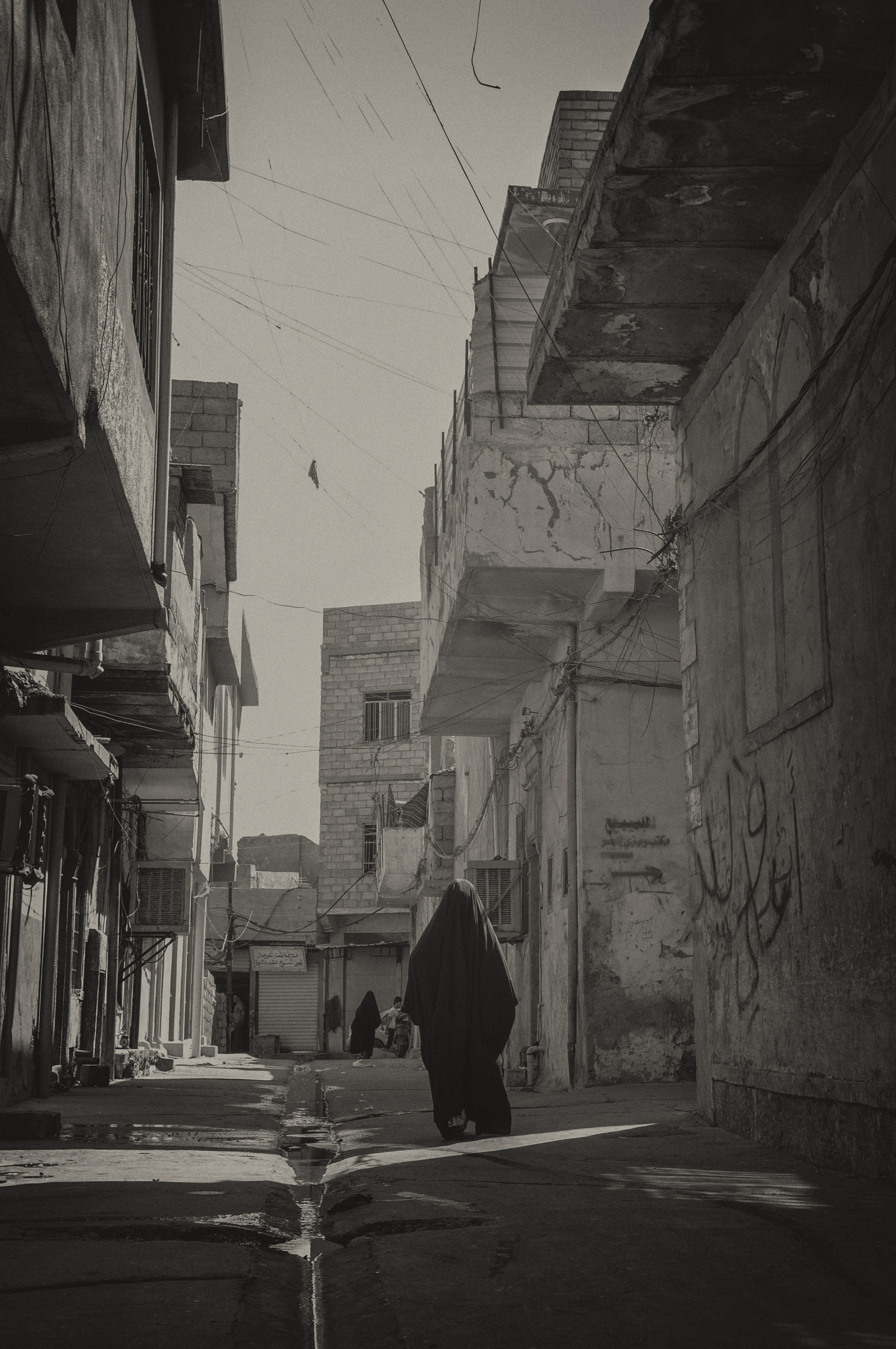
BEING A JOURNALIST, artist or an activist means that you are in a close relationship to freedom o fspeech. It also means that you are constantly looking for a better atmosphere of freedom, for better laws to work under. And I can say, frankly; being a journalist in the many conflict areas of the Middle East was not an easy mission.
Simply by having a different mentality, holding different morals, or even just entertaining a desire for change, you will, as a writer, find hundreds of people willing to silence you. People who want to limit what is allowed to be said and what is not; from the police who arrest you for criticizing the regime, to the radical groups and religious men in power who threaten you and even kill you for writing or advertising something that doesn’t follow their agenda. It has become common to see colleagues killed for their opinions.
YOU MAY BACK DOWN for a moment and ask yourself if you want to continue, or whether it would be better just to stop and give up? But soon enough you find that there’s a sound in your head that always pushes you to go forward and not bow to the pressure. You realize that the concept of freedom of expression is too important, that it is a necessity for our societies.
During my thirteen years working as a writer and artist in Mosul in Northern Iraq, writing was always the most difficult. It required energy and onerous efforts, but I always wanted to go on. At times, when the pressure on us increased and the attacks against our freedom got more aggressive, I would feel as though I was lying inside a coffin, nailed shut, and each word I wrote was an attempt to make a hole in the coffin to let the light pass through.
AFTER YEARS OF SUPPRESSION and persecution, of living in an atmosphere of fear and terror, of death threats I received for the things I wrote or the opinions I held in social matters, I am now in Stockholm, the polar opposite of what I am used to. When I arrived, 11 months ago, I felt a sense of freedom for the first time; no boundaries, no red lines. A free and independent media. Perhaps, dear readers, you don’t feel the same way. As one of our scientists once said: “Good health is a crown worn by the healthy that only the ill can see.” I think the expression also applies to freedom of the press, and freedom of expression.
PERHAPS I STILL DON’T understand Swedish properly, but from what I do understand, it appears that Swedish intellectuals, the cultural elite, though they are given all the freedom they need, still don’t like to express themselves plainly. They never come close to discussing any crucial issues frankly and openly. It is as if I am hearing a recorded sound clip telling me that life is beautiful and everything will be fine.
Freedom of expression knows no boundaries; it’s an ongoing, developing process. We can never say that we have enough of it, or that things are good the way they are. We have to work constantly to develop and broaden the freedom of expression in Sweden, so that we can help other countries develop their own.
UN World Press Freedom Day 2016
2016 Theme for World Press Freedom Day is: Access to Information and Fundamental Freedoms - This Is Your Right! Secretary-General Ban Ki-moon says:
- On this World Press Freedom Day, I urge all Governments, politicians, businesses and citizens to commit to nurturing and protecting an independent, free media. Without this fundamental right, people are less free and less empowered. With it, we can work together for a world of dignity and opportunity for all.
World Press Freedom Day was proclaimed by the UN General Assembly in December 1993, following the recommendation of UNESCO's General Conference. Since then, 3 May, the anniversary of the Declaration of Windhoek is celebrated worldwide as World Press Freedom Day. It is an opportunity to: celebrate the fundamental principles of press freedom; assess the state of press freedom throughout the world; defend the media from attacks on their independence; and pay tribute to journalists who have lost their lives in the line of duty.
In 2016, World Press Freedom Day coincides with three important milestones:
- The 250th anniversary of the world’s first freedom of information law, covering both modern-day Sweden and Finland
- The 25th anniversary of the adoption of the Windhoek Declaration of press freedom principles
- The year 2016 is also the first year of the 15 year life-cycle of the new Sustainable Development Goals (SDGs)
This year’s WPFD focuses on three different aspects of press freedom:
- freedom of information as a fundamental freedom and as a human right
- protecting press freedom from censorship and surveillance overreach
- ensuring safety for journalism online and offline
Writers
Related content
Latest news
-
23.04.24
-
18.04.24
-
04.04.24
-
26.03.24
-
21.03.24
